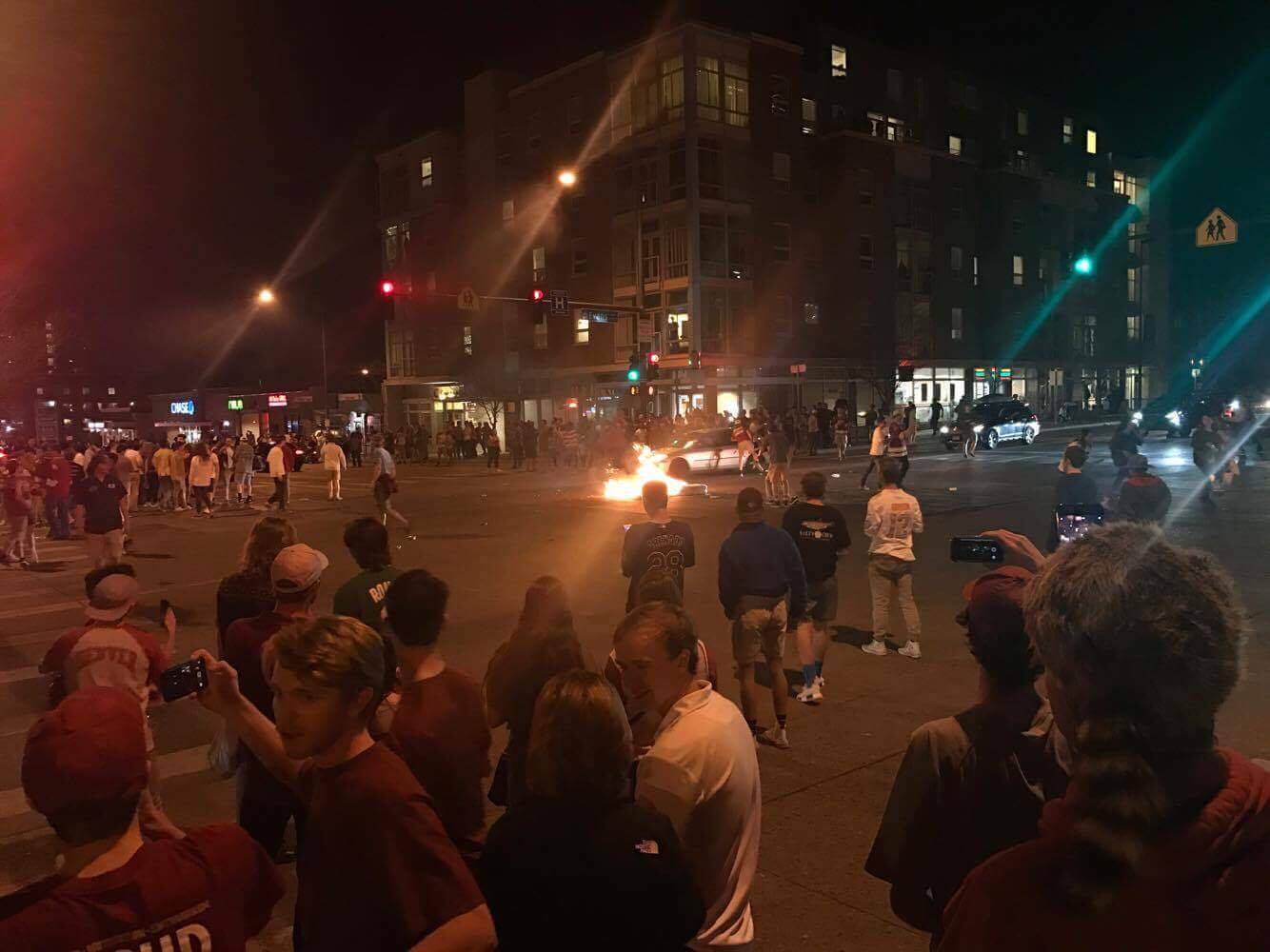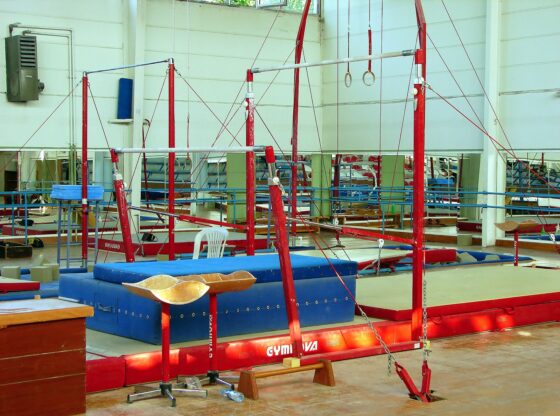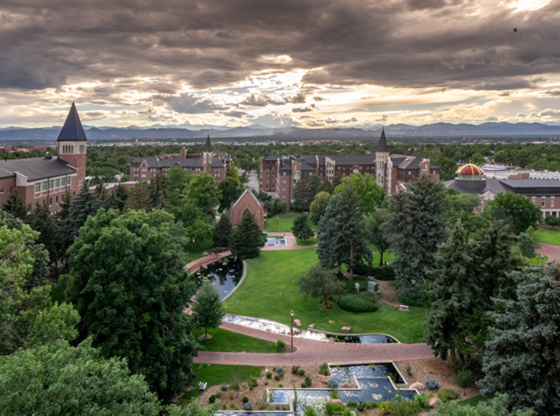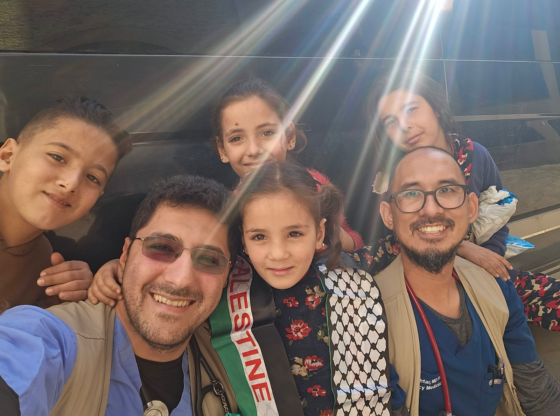After DU won the hockey championship, the whole campus celebrated, and rightly so. It was our first time winning the NCAA since 2005. It’s to be expected that our Pio pride would swell, but the way the championship was celebrated was not only out of hand, but embarrassing. Students drunkenly blocked the intersection between Evans Avenue and University Boulevard and caused street closures, jumped on cars, scattered trash around the street and even lit a mattress on fire. By definition, the event was a riot.
Not only was it embarrassing for our university, but it spoke to the double standards that exist within our society. There is something to be said about the way the police handled the situation. Though the police were wearing riot gear, they simply urged students to move away from the roads, even though many of them appeared to be intoxicated and underage. After the roads were opened again, the Denver Police Department tweeted, “All roads now open. No arrests or property damage. Congratulations Pioneers!”
In comparison, we can look at how police departments handled protests when they were made up of majority people of color. In August 2014, during the Black Lives Matter protests in Ferguson, Mo., police used tear gas and rubber bullets on protesters, those of who were majority Black. During the protests against the Dakota Access Pipelines in November 2016, police shot water cannons on peaceful protestors in freezing temperatures. Even United Nations officials denounced the “inhuman” treatment of the Native American pipeline protesters. It speaks volumes, I believe, when police will act inhumanely towards people of color who protest, but not white students who riot over a championship win.
It’s also important to mention the way it was talked about in media. Granted it was only talked about in local media, the rioters were never described as “thugs,” unlike protesters in the Baltimore uprising, who were called thugs almost 800 times by ABC News. News stations used phrases such as “DU students celebrate in the streets after Pioneers win national hockey title,” completely leaving out the word “riot.” Those involved were described as “students,” rather than “thugs” or “criminals.” The language we use is powerful, so it’s important to look at the way media speaks about white rioters compared to protesters of color.
As a student, I think the most frustrating part about what happened is that hundreds of students showed up to riot for a hockey win, but I haven’t seen nearly as many students show up to support communities that have been oppressed. This double standard is not only frustrating, but also disheartening when so much effort comes from marginalized communities to protect or defend themselves peacefully, and they are demonized for it, but when a majority white, wealthy community celebrates destructively, they are given the benefit of the doubt and even, as in this case, congratulated.
This exemplifies the privileges that exist in America. Communities that are wealthy or majority white have the privilege to protest, riot or celebrate in whichever way they chose without being criticized, while communities of color or of low-income status are criminalized for doing the same, or even more peacefully. Celebrating is not erroneous, but it’s important to acknowledge the privilege and contradictions that exist within different communities.











